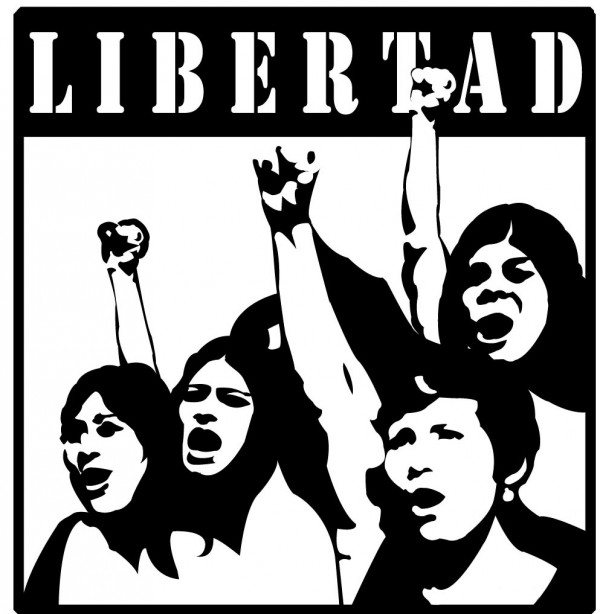Reporters Without Borders reiterates its condemnation of the newly-adopted General Telecommunications Law (LGT), which will penalize small radio stations, especially indigenous community radio stations, that are waiting to be officially assigned broadcast frequencies.
Approved on third reading by the Guatemalan congress on 19 November, it was signed into law by President Otto Pérez Molina on 6 December. Reporters Without Borders and the World Association of Community Radio Broadcasters (AMARC) already criticized the law after its second reading.
“We are ready to support the appeals that certain legislators plan to lodge against this law because its provisions are unfair, it was not sufficiently debated and it runs counter to the legal rulings and treaties that bind Guatemala both nationally and internationally,” Reporters Without Borders said.
“The LGT is unjust and discriminatory. It is unjust because it upholds a grave imbalance in the allocation of frequencies and prolongs narrow media ownership, which is contrary to the requirements of pluralism. It is discriminatory because it leaves communities that represent the majority of the population without legal means of public expression.
“Both the 1996 peace accords that ended 36 years of civil war and the American Convention on Human Rights, to which Guatemala is bound as a member of the Organization of American States, require that provision be made for the dissemination and promotion of indigenous and minority cultures.”
Reporters Without Borders added: “However, this law will leave the small radio stations created by indigenous (Maya and Xinka) communities, by Garifuna communities (those of African origin) and by mixed-race communities in permanent fear of forced closure and confiscation of their equipment.”
The new LGT enables radio and TV stations that have already been allocated a frequency to renew it almost automatically for 25 years, five years more than under the previous LGT, which as adopted in 1997. It also places no ceiling on the number of possible frequency renewals by media owners, thereby allowing unrestricted ownership.
The United Nations System (UNS) in Guatemala has been very critical of the lack of any real debate preceding the law’s adoption and the fact that the congress discussed it during a closed-door session that received no publicity.
The LGT failed to guarantee transparency for the frequency allocation and renewal process, was a stinging rebuff for the indigenous communities and media, and flew in the face of the recommendations that UN high commissioner for human rights Navi Pillay made during her visit to Guatemala last March, the UNS said.
Amilcar Pop, the president of congress’s transparency committee and a representative of Winaq (the party founded by 1992 Nobel peace laureate Rigoberta Menchú), has announced that he will petition for the LGT to be declared unconstitutional.
Carlos Barrera, a representative of the National Unity of Hope (UNE) and vice-president of this commission, and Carlos Mejía, a representative of the Guatemalan National Revolutionary Unity (the former guerrilla alliance), have called for major amendments to the law in favour of community radio stations.










